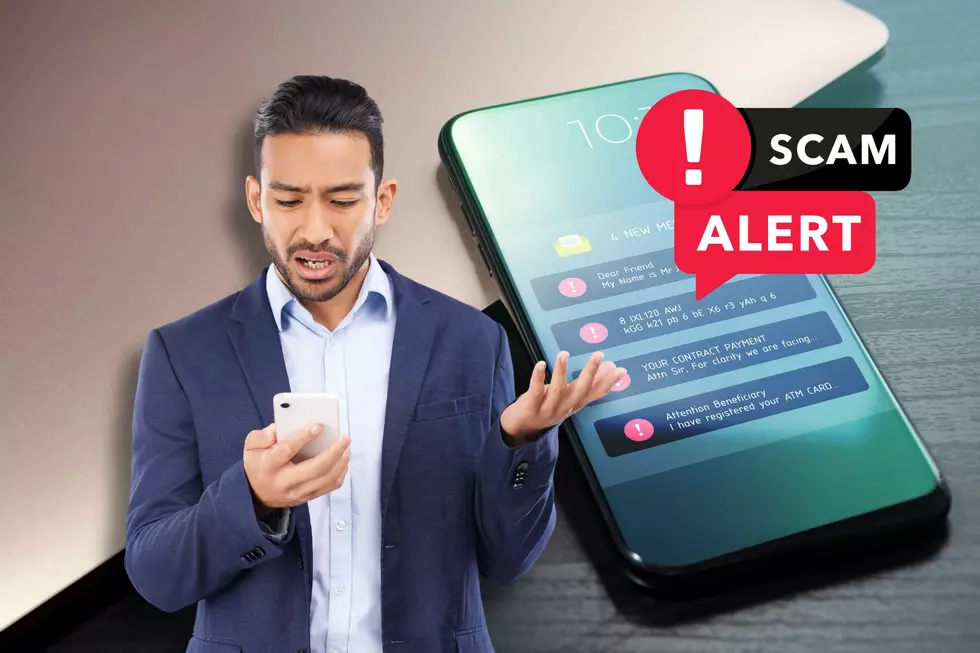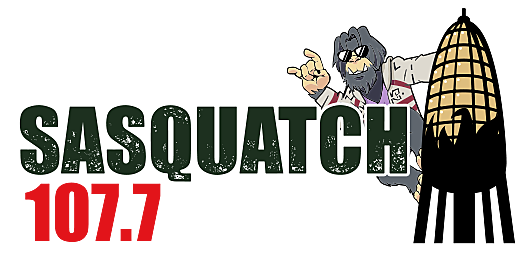
Minnesota Scam Alert: Beware Deceptive Texts Targeting Your Bank Account
Scammers are getting craftier by the day; as technology advances, so do their tactics.
Nowadays digital banking is the norm, and a concerning trend has emerged – a sophisticated 'smishing' scam designed to deceive unsuspecting individuals and compromise their hard-earned money.
Wait, what is 'smishing'? Is it the same as 'phishing'?
The Difference Between Phishing and Smishing
Most of us are aware of phishing scams -- fake emails attempting to get you to click malicious links. Now we have a new term called 'smishing' -- deceptive text messages trying to trick you into sharing personal information.
RELATED: Warning: 'Scams like this are happening right here in Minnesota'
Cyber security company Proofpoint says the term "smishing" is a combination of "SMS" (short message service) and "Phishing"
Smishing Text Message Scams Threaten Bank Accounts in Minnesota
Earlier this year, I received a smishing text attempting to gain access to my personal bank account. The text tried to create a sense of urgency warning me to act fast to avoid losing money.
This is what the text I got looked like:
"[BANK NAME] ALERT: Please verify Credit Card Charges for your card:" and then it listed several merchants and dollar amounts. The smishing text then asks if you authorized these charges, reply Y or N. If you reply no, they ask you to call a number immediately to confirm the activity.

Here's the catch, the number provided in the text is not associated with my bank. I did not call that number but instead called the number I usually use to contact my bank. After telling them about the suspicious text I received, they took a quick look and confirmed that they did not send the text and that it was indeed a smishing attempt.
What Should You Do If You Get a Text From Your Bank?
An article from CNET offers good advice - first, think if you have signed up to receive texts from your bank. In my case, I have agreed to receive texts from my bank, and they do communicate with me via texts when necessary, so a text from them was not out of the ordinary.
If you have not agreed to receive texts from your bank, that's an immediate red flag and it's almost certainly a scam. You should be able to check your communication preferences from your bank website or app.
How to Tell If a Text Claiming To Be From Your Bank is a Scam
If you've determined that you have given your bank consent to text you and you get a text claiming to be from your bank, STOP and take a closer look before you do anything.
Are they asking you for personal information like passwords and PINs? Banks will NEVER ask for that information via a text or a call you received. DO NOT reply with that information, DO NOT call any phone numbers sent, and for the love of lefse, DO NOT click any links.
What Should You Do If You Fall Victim to a Bank Smishing Scam?
The best thing you can do is contact your bank as you normally would and confirm with them if the text you received is real or a possible smishing scam. They should be able to tell you right away.

If you clicked a link and entered any personal info (password, username, etc.) immediately change your bank account password.
You should report the scam to the FTC, and if you lost money, it's also a good idea to file a police report.
RELATED: USPS Warning Minnesotans About Scary New 'Smishing' Scam
A website called Banks Never Ask That offers an abundance of information you can arm yourself with to prevent falling victim to a bank scam, including more real-life instances of smishing, phishing, and phone call scams related to banks.
Keep reading to learn about more common scams happening right now in Minnesota.
20 Common Scams To Look Out For In Minnesota
Gallery Credit: Lauren Wells
